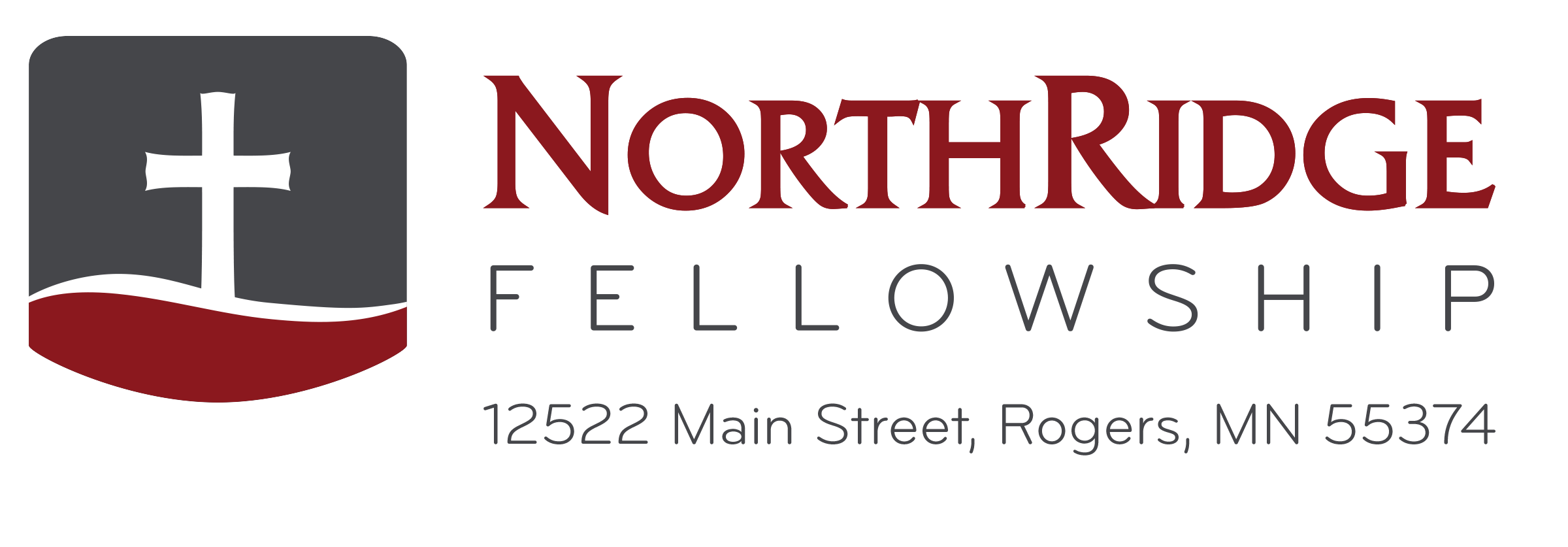
Above All Else
by Brax Carvette
As human beings, we want to be heard—especially when we believe what we’re saying is important. So it might come as a surprise when, near the end of his letter, James says:
Above all, my brothers and sisters, do not swear—not by heaven or by earth or by anything else. All you need to say is a simple ‘Yes’ or ‘No.’ Otherwise, you will be condemned. (James 5:12, emphasis mine).
Really, James? Above all? That seems extreme. If you’re as confused as I was when I first read this, you’re not alone. I’ve been wrestling with what James means for a couple of weeks now.
Here are some possible interpretations:
- James is saying that swearing an oath is a form of impatience—connecting this verse with what he just said in James 5:7–11. In other words, oath-taking is such a serious expression of impatience that it should never be done.
- James is concluding his entire letter with this statement, meaning that it somehow sums up everything he’s been teaching.
At first, I struggled to see the connection between impatience and oath-taking, so I was drawn to the second interpretation. However, it’s also hard to see how topics like love for the poor, faith in action, humility in receiving the gospel, and wisdom from God all relate to swearing oaths.
That’s why I think a third interpretation makes the most sense:
3. The phrase “Above all” serves as an introduction, much like saying, "Finally, brothers and sisters…" In this view, James isn’t ranking this command above everything else but is instead wrapping up his letter with one final instruction.
But why is this command so important? While we don’t know exactly why James emphasizes words so much in his letter (see James 3:1–12), we can guess that he’s received word from these churches that the way that people are using their words has become a problem. One possible concern was how people invoked God’s name to add legitimacy to their words.
We all want to be heard. But we must remember—we are human, not God. If we want to bring God into our tiny plans, attempts at persuading people, or attempts at concealing the truth, then we’ll fall under condemnation. Instead, James (and Jesus and Paul) calls us to align our words with truth and humility.
Be honest in your speech. Don’t claim divine authority over things you cannot control—you can’t even turn one black hair white! And don’t use God’s name to deceive others, like the Serpent did in the garden. If you want to persuade people, do it with truth and kindness.
And, above all, if you’re going to swear an oath, let it be for the sake of the gospel and the defense of it (see Paul’s words regarding oaths and truthfulness in Romans 1:9-10; 2 Corinthians 1:23; 11:11; Galatians 1:19-21; Philippians 1:8; 1 Thessalonians 2:5, 10).

Brax Carvette, Youth Minister
Brax is the youth pastor at NorthRidge Fellowship and has been at NorthRidge since 2006. He and his wife, Jessica, have a son, two daughers and they live in Elk River, Minnesota.


Contact Us
If you have questions about an article you read on our blog, reach out to Brax Carvette, Blog Editor at braxc@nrf.life or call 763.270.6425.
Share our Blog on Facebook!










